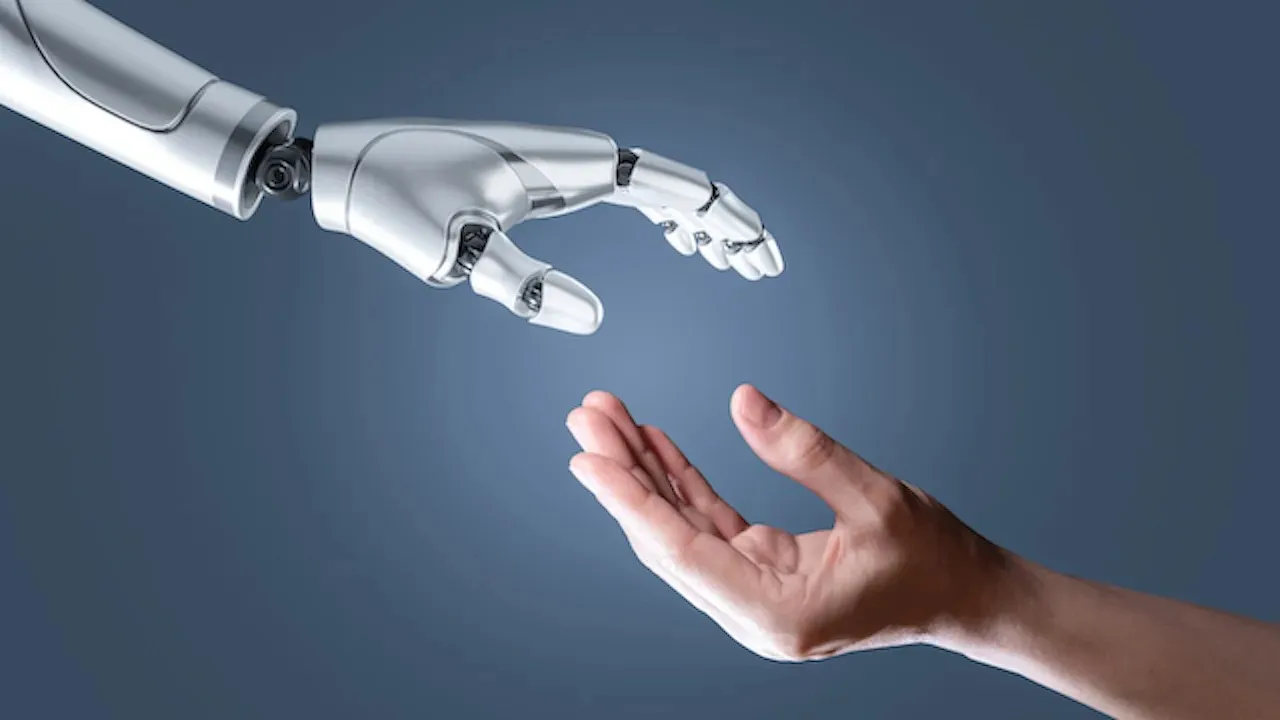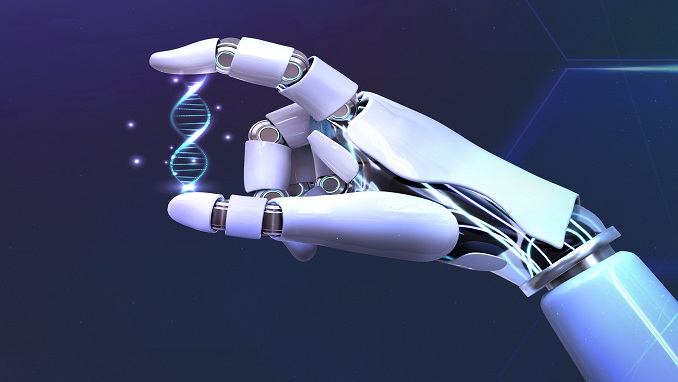The Future Of AI: How Intelligent Tools Are Reshaping Daily Life?

Artificial Intelligence (AI) has moved far beyond science fiction—it is now woven into the fabric of our everyday routines. From voice assistants to predictive healthcare, AI is reshaping how we live, work, and connect. These tools are no longer luxuries but necessities that drive efficiency and convenience. Much like how writers contribute perspectives when they submit a post to a larger platform, AI adds valuable layers of innovation that influence nearly every aspect of life.
AI In The Workplace
One of the most significant areas where AI is making a difference is the workplace. Intelligent tools now handle repetitive tasks like data entry, scheduling, and customer service through chatbots. This allows employees to focus on creativity, strategy, and human connection rather than routine processes.
AI-driven analytics are also helping companies understand trends, predict customer behavior, and make smarter decisions. This shift ensures that businesses remain competitive in fast-changing markets.
Even small businesses are taking advantage of AI by using tools integrated into a local business listing platform, which can recommend marketing strategies, analyze customer reviews, and improve visibility. In this way, AI empowers even smaller enterprises to thrive alongside larger corporations.
Emotional Impact Of AI Integration
While AI improves efficiency, it also raises questions about its emotional impact. For many, technology feels impersonal, creating a sense of disconnect in a world already moving at a rapid pace. The challenge lies in balancing intelligent tools with the deeply human need for empathy and understanding.
Interestingly, emotional expression in poetry or art parallels this experience. Just as life sad shayari captures the nuances of human emotion in words, AI must evolve to interpret and respond to human feelings authentically. Emotional AI—designed to recognize tone, expression, and sentiment—is beginning to bridge this gap, aiming to make digital interactions more empathetic.

AI In Real Estate And Housing
The housing market is another field being transformed by AI. Predictive algorithms analyze market data to help buyers and sellers understand pricing trends, neighborhood dynamics, and property values. Virtual tours powered by AI allow potential homeowners to explore spaces remotely, saving time and offering more convenience.
For real estate agents, AI reduces the time spent on administrative tasks by automating property management, client follow-ups, and documentation. This efficiency translates into better service for buyers and sellers alike.
For individuals browsing an Australia housing listings website, AI-driven recommendations can now match properties more precisely to their preferences, budgets, and lifestyle needs, streamlining the search for the perfect home.
AI And Everyday Dining Choices
Dining is no exception when it comes to AI influence. From personalized recipe suggestions to restaurant reservation apps, AI helps people make better food choices daily. Food delivery platforms use intelligent algorithms to predict preferences, recommend dishes, and optimize delivery times.
Restaurants also use AI to manage inventory, reduce food waste, and improve customer experiences. This not only benefits businesses but also ensures diners enjoy smoother service.
For diners, exploring an Australia restaurant listing with AI-powered filters makes it easier to find exactly what they’re craving, whether it’s vegan-friendly spots, family dining options, or hidden gems in their neighborhood. AI personalizes dining in ways that feel both convenient and enjoyable.
The Balance Between Innovation And Ethics
While AI offers remarkable benefits, ethical concerns are also part of the conversation. Issues like privacy, job displacement, and algorithmic bias need thoughtful regulation. Governments, businesses, and communities must work together to ensure AI tools are used responsibly.
Transparency in how data is collected and used is especially critical. People should know how their information powers these intelligent systems and how it is being protected. Only then can trust in AI continue to grow.
Looking Ahead: The Human-AI Partnership
The future of AI is not about machines replacing people—it’s about machines working alongside us. Intelligent tools will continue to expand into healthcare, education, sustainability, and more. Doctors will rely on AI to predict illnesses earlier, teachers will use it to personalize lessons, and cities will use it to improve traffic flow and energy efficiency.
Ultimately, AI is a partner that amplifies human ability rather than diminishes it. The more thoughtfully we integrate these tools into our lives, the more benefits we will experience.
Final Thoughts
AI is here to stay, and its impact on daily life is undeniable. From workplaces and housing markets to dining experiences and emotional interactions, AI has the power to transform routines and industries. The key lies in embracing this technology responsibly, balancing efficiency with empathy, and ensuring it serves humanity’s best interests.
Just as small contributions, like when people submit their perspectives online, add value to larger conversations, AI will continue to add layers of intelligence to our world. It’s not about replacing what we do—it’s about reshaping how we live, work, and connect for the better.